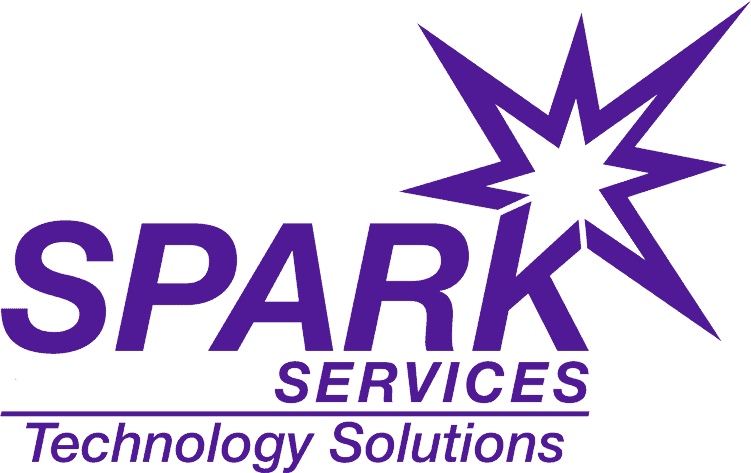
If you’ve just started looking into phone solutions for your business, you may have come across the term “PBX,” which stands for “Private Branch Exchange.” But what is it?
Businesses and organizations commonly use a PBX (Private Branch Exchange) phone system to manage their internal phone communication. Unlike traditional phone systems that require separate lines for each phone, a PBX system allows multiple phones to share a single phone line.
This is achieved through a central switching unit, which routes incoming and outgoing calls to the appropriate telephone. In addition to allowing multiple phones to share a single line, PBX systems offer various other features and functions.
For example, they can be configured to provide voicemail, call forwarding, call waiting, conference calling, and other advanced features designed to improve communication and collaboration within the organization.
PBX systems can be on-premises as well as hosted on the cloud. On-premises PBX systems require hardware installed at the organization’s physical location. In contrast, cloud-hosted PBX systems are managed by a third-party provider and accessed over the internet.
What Are the Benefits of a PBX Phone System for a Growing Business?
A PBX system can be a valuable tool for growing businesses looking to streamline their phone operations and improve customer service.
Here are the top 10 benefits of a PBX phone system for a growing business.
1. Improved Call Management
With a PBX system, businesses can easily manage incoming and outgoing calls with advanced features such as call routing, auto attendant, voicemail, and call recording. This increases the company’s overall efficiency and ensures that consumers are swiftly and readily guided to the appropriate department or individual. Plus, it gives a business centralized control of all the calls.
2. Increased Productivity
A PBX phone system enables businesses to make and receive calls from anywhere, including remote workers or those in different offices. This enhances employee communication and collaboration, increasing productivity and better workflow.
3. Saving on Costs
The PBX phone system is more cost-effective than traditional ones because it eliminates the need for multiple phone lines and devices. With a PBX system, businesses can make calls over the internet, saving on long-distance and international call charges.
4. Scalability
This PBX system can quickly grow with a business. As a business expands, more lines can be added to the system to accommodate additional employees and call volume. This makes a PBX system a flexible and scalable solution for businesses of all sizes.
5. Better Customer Service
A PBX system can improve customer service by answering calls promptly and efficiently. Advanced and automation features such as call routing and the auto attendant can direct customers to the correct department or person, reducing wait times and improving overall satisfaction.
6. Integration with Other Communication Tools
The PBX system can integrate with other communication tools such as video conferencing, instant messaging, and email. This provides businesses with a unified communication solution that streamlines communication across all channels.
7. Increased Security
This PBX system is more secure than traditional phone systems because it is hosted in-house and not accessible to the public internet. This ensures that calls are secure and not vulnerable to hacking or eavesdropping.
8. Remote Access
With a PBX system, employees can access their work phone number and voicemail from anywhere with an internet connection. This allows remote workers to stay connected with the business and ensures they never miss an important call or message.
9. Advanced Reporting and Analytics
A PBX system provides businesses with advanced reporting and analytics capabilities to track call volume, duration, and other metrics. This information can be used to improve business operations and customer service.
10. Internet Integration
The capability of PBX systems to connect to the Internet is the most recent development. VoIP stands for “Voice Over Internet Protocol,” and it is a method of routing calls. Your calls pass through an Internet-connected system to the desk phones in your workplaces, but they don’t come in or leave through phone networks.
A PBX phone system can provide numerous benefits to growing businesses. It can improve call management, increase productivity, save costs, and enhance customer service. Since no one at your organization will officially be making phone calls, you won’t have to pay any phone bills. Also, there is no need to purchase additional equipment because cloud-based systems don’t need to be installed on your property.
Making the switch to a hosted PBX phone system can reduce costs in several areas while also improving efficiency. Get in touch with Spark Services Team to take the next step!

